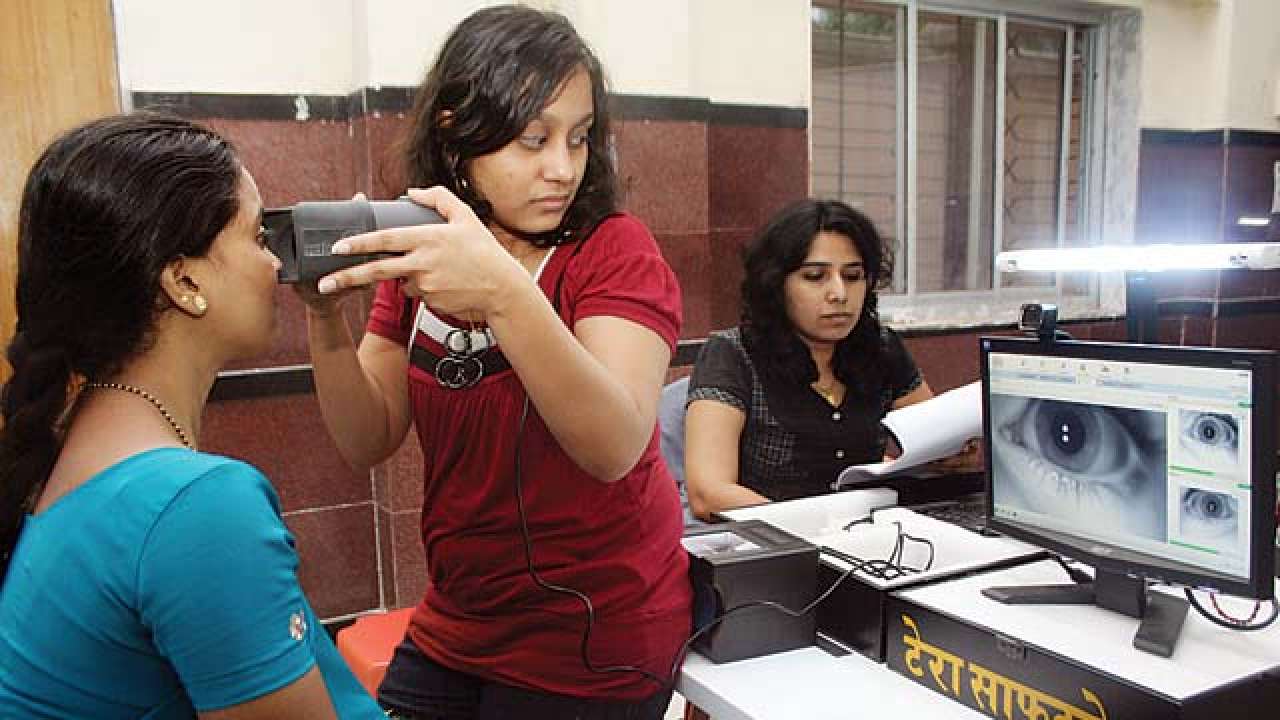
The world of technology allows us to live in virtual proximity. Our private spaces have also shrunk. This is inevitable. When we access digital platforms, we voluntarily agree to share information about ourselves. Physical spaces in the digital world have little meaning. The concept of space itself has undergone transformation. We also share information while accessing services digitally. Uber is aware of our pick-up locations and points of destination. Airlines constantly interact with us helping us adjust and finalise our travel plans. Our holidays can be organised digitally and, willy-nilly, we share information about our families. Life becomes more convenient as these platforms provide us with unique user experience. We are able to manage our affairs more efficiently.
Commercial enterprises on these digital platforms, through their servers, provide us information, data, and a host of other things consistent with our personal interests. Their objective is to provide choices aligned to our proclivities, thus inducing us to move away from the physical world and close commercial transactions in the digital world. The State, too, is gearing to provide services but without any commercial interest. In turn, it will collect data of 1.3 billion people. This data may be used in multifarious ways. Aadhaar cards will be used to target those entitled to receive benefits under the Public Distribution System. This will prevent leakages. The benefits for the weaker sections and the marginalised will, presumably, not be diverted to the unentitled. The State insists on sharing our Aadhaar with various departments of the Government of India. That information will be stored, readily available, to be used as and when necessary. The banking system, too, seeks our Aadhaar to ensure efficient banking, reducing the time lag involved in transactions in the normal mode. Then our biometric, IRIS data, will be available to the banks. Both State and non-State actors will host data that is personal.
It is in this context that the recent judgement of the Supreme Court dealing with privacy is historic in recognising the impact of technology on our daily lives. The judgment is alive to the necessity that in the ever-expanding digital environment, the right to privacy needs to be protected, especially our personal autonomous spaces. To declare that the right to privacy is a fundamental right gives individuals solace providing millions with a level of comfort and security. The Court recognises that personal autonomy within our living spaces is and must be sacrosanct. The right is also sought to be secured in public places in given situations. The judgement represents a tectonic shift in the law. Privacy, an inalienable fundamental right, the Court holds, is intrinsic to freedom and liberty. It is an essential aspect of human dignity, which needs protection. The Court also holds that informational privacy also needs protection.
With humongous personal data in the possession of both State and non-State players, the challenge not just in India, but globally, is the ability to put in place appropriate procedures sanctioned by law for ensuring the protection so lucidly enunciated by the Court.
Technology is a boon for it helps us organise our life for human comfort. But within it lie the seeds of destruction. All technological revolutions historically have created conditions for us to lead more fulfilling lives. Yet, those when misused have caused mayhem in the lives of millions as well. This is because technology is morality neutral. Its use can elevate and misuse decimate. Nuclear energy can provide electricity and transform the life of the marginalised. Its misuse can devastate populations.
This is also true of all forms of communications, which connect people. That very highway can be used to instill fear in people. While we extol virtues of individual-technology platforms that enhance our experiences by providing us with services at our doorstep, such platforms give an opportunity for others to intrude into and attempt to control our lives having access to our personal, most private data.
While the Court has taken note of the fact that a data protection law will be put in place pursuant to recommendations of the Srikrishna Committee, the ability of individuals, entities and the State to hack that data is a matter of concern. That is the challenge that confronts us. States around the world have indulged in hacking and, without physical war, destroyed enterprises. Stuxnet surreptitiously slowed down and sped up the motors in Iranian centrifuges, resulting in the motors tearing themselves apart. This intervention was designed to bring Iran to the negotiating table to help conclude a deal on its nuclear programme in 2015. Shamoon malware struck Saudi Aramco, Riyadh’s oil giant. China-based hackers access social networks of Facebook, LinkedIn and Twitter. Technology both provides and divides. Individual hackers within the country can access bank accounts, electricity distribution systems, airlines software computer systems and much more. They could cause several hours of disruptions not seen before by establishments and nations.
Declaration of the law is one thing. The protection of privacy and the individual’s data despite that declaration is what needs real protection. Only time will tell whether our privacy and data are fully secured in a digital world, which has come to stay.
The author is a Member of the Rajya Sabha, and a senior Indian National Congress leader. Views expressed are personal.